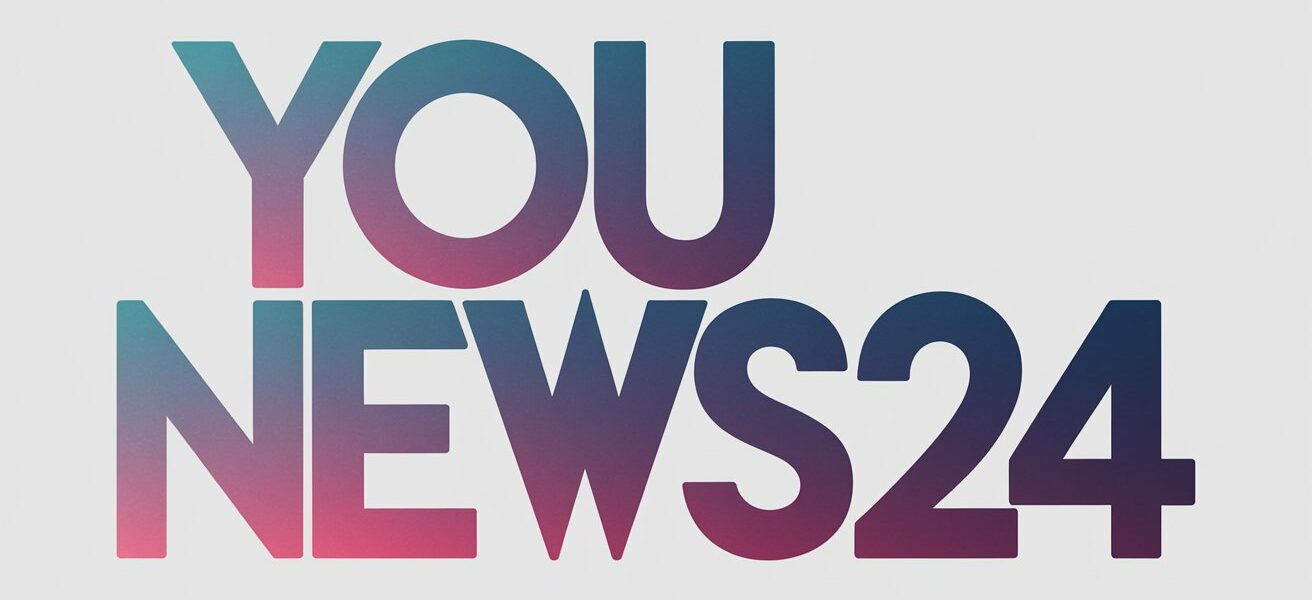Sinn Féin Promises to Abolish USC for Average Workers and Scrap TV Licence in Alternative Budget
Sinn Féin has unveiled an ambitious alternative budget aimed at reducing the financial strain on working families, committing to abolish the Universal Social Charge (USC) for average earners, significantly reduce childcare costs, and eliminate the TV licence. The party’s proposal sets out a comprehensive strategy to “undo the damage” caused by previous governments, while promising increased public investment.
Key Budget Measures
Sinn Féin’s alternative budget outlines a €12.4 billion package, with €7.3 billion dedicated to new measures. The plan places a strong emphasis on reducing the cost of living, with initiatives specifically targeting families and workers. According to Pearse Doherty, Sinn Féin’s finance spokesman, this is a “fully costed” budget designed to address the needs of ordinary people.
Among the flagship proposals is the abolition of the USC on the first €45,000 earned by every worker. Doherty emphasized that this would provide relief to average earners, who have long been burdened by this tax.
Relief for Families: Affordable Childcare and Utility Credits
One of the most significant measures in the budget is the reduction of childcare costs to €10 per day for parents using centre-based care or Tusla-registered childminders, with plans to extend this to all childminders. This initiative aims to ease the financial pressure on families, who currently face some of the highest childcare costs in Europe. The party estimates the cost of implementing this policy at €35 million.
In addition, the alternative budget promises €450 electricity credits for households, a double child benefit payment in October and December, and a reversal of excise duty on petrol and diesel. These measures are intended to tackle rising energy costs and fuel prices, offering immediate relief to struggling families.
Healthcare Reforms: Reducing Drug Payments and Expanding Medical Coverage
Healthcare is another major focus of the alternative budget. Sinn Féin has pledged to lower the maximum monthly drug payment from €80 to €50 per household and reduce prescription charges. The party also plans to extend medical card coverage to 150,000 additional people, a move that would make healthcare more accessible to lower-income families and those most in need.
Public Spending and Investment: Infrastructure and Community Funding
Doherty criticized the government for falling short of its capital investment targets, citing a €7.6 billion shortfall in infrastructure investment over the last four years. Sinn Féin’s plan includes an additional €4 billion in capital spending, aimed at addressing the housing crisis and improving public infrastructure.
As part of its broader public spending strategy, the party also intends to allocate €1 billion of the Apple tax money to a community fund aimed at revitalizing working-class areas. This fund would be used to address the social and economic challenges faced by underprivileged communities across Ireland.
Cost-of-Living Measures: Increasing Wages and Supporting Households
The alternative budget also proposes a €1.10 increase in the minimum wage, bringing it closer to a living wage, and an €10 increase in child benefit, which would cost €152.6 million. These measures are designed to support low-income families and improve the standard of living for workers.
In addition to these household supports, Sinn Féin plans to recruit 1,000 new gardaí in 2025 and increase the garda trainee allowance by 30 per cent, enhancing public safety and investing in law enforcement.
Wealth Taxes and Green Levies
Sinn Féin’s budget also includes a wealth tax on high earners and luxury items. A levy on private jets is expected to raise €18 million, and the party aims to increase taxes on wealth emissions, aligning its economic policies with environmental goals. These measures are intended to create a more equitable tax system that ensures the wealthiest contribute their fair share.
Scrapping the TV Licence: A Major Cost-Saving Measure
A major component of Sinn Féin’s cost-of-living package is the abolition of the TV licence. This would remove an annual expense of €160 for households, and the party argues that the funding for public broadcasting should come from alternative sources. Doherty criticized current government spending on projects like the Children’s Hospital, which has now surpassed €2.2 billion, and argued that Sinn Féin’s budget would “spend money wisely” on critical services rather than on wasteful projects.
Government Surplus and Transparency Issues
Doherty accused the government of withholding critical information regarding the projected surplus for the year, which could be as high as €8 billion. He called the lack of transparency “anti-democratic”, arguing that it prevents opposition parties from accurately assessing the fiscal landscape.
Sinn Féin Leader Calls for Change
Mary Lou McDonald, leader of Sinn Féin, echoed Doherty’s sentiments, stressing that the country is in “desperate need of a change of government”. She pointed to the ongoing housing crisis, with over 14,000 people in emergency accommodation, and highlighted the growing trend of young people emigrating due to lack of opportunity at home.
McDonald argued that her party’s budget offers “necessary investments” that would improve the lives of ordinary people and ensure public money is spent more efficiently. “We live in the real world,” McDonald said, “and we know the value of a euro.”
Conclusion: A Vision for Change
Sinn Féin’s alternative budget presents a bold vision for addressing Ireland’s cost-of-living crisis, while also investing in critical infrastructure and public services. The party’s pledge to abolish the USC, reduce childcare costs, and scrap the TV licence offers a clear break from current government policies. With a focus on economic fairness, public investment, and environmental responsibility, Sinn Féin aims to position itself as the party of change ahead of future elections.





